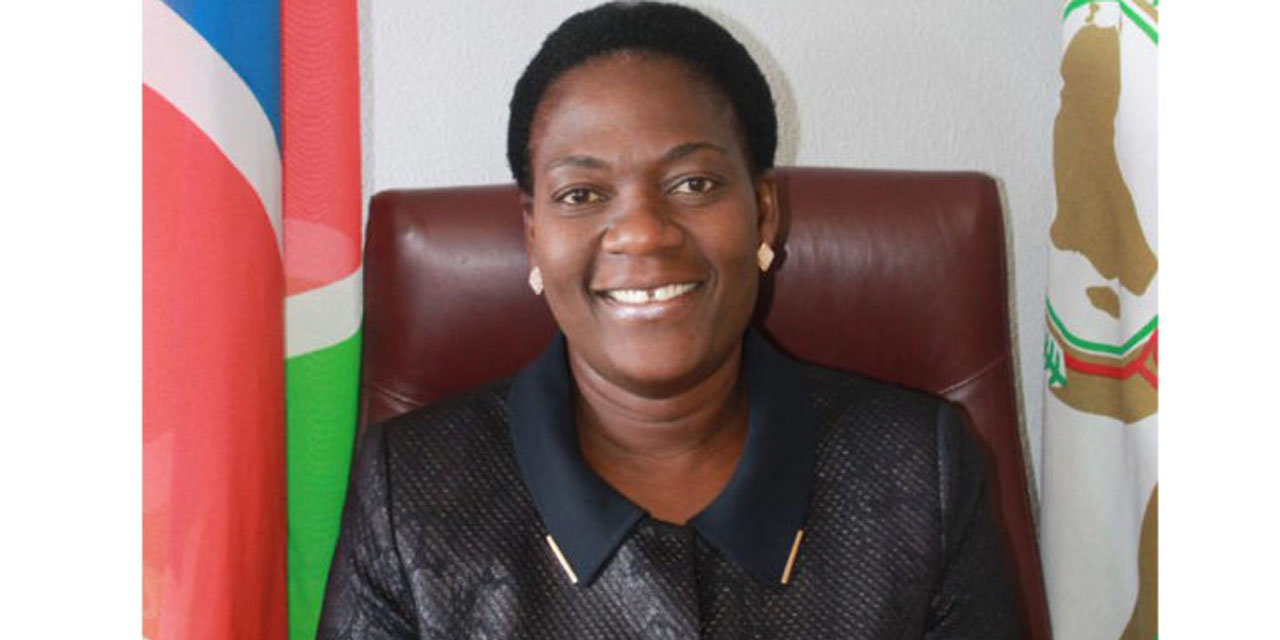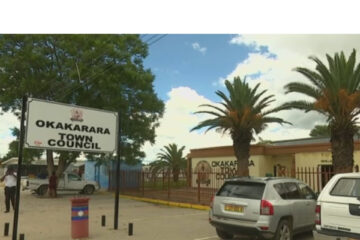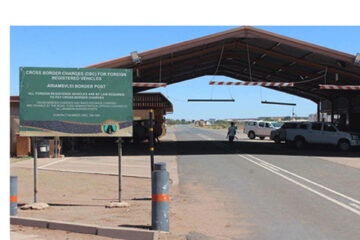Obrein Simasiku
Namibian motorists will have to dig deeper into their inflation hit pockets to pay more for their full.
Fuel pump prices have reached historic highs after the Ministry of Mines and Energy announced an exponential increase in fuel, whereby petrol will cost N$2.50 more and diesel is adjusted by N$1.50, effective 1 June. This will be an all-time high adjustment that will see pump stations at Walvis Bay shoot up to N$20.40 in petrol and N$21.43 diesel, which means across the country, it is estimated to cost over N$22 and N$23, respectively.
The ministry recorded a huge under-recovery of 280 cents per litre on petrol and 156 cents on diesel, thereby necessitating the adjustment, said the Deputy Minister Kornelia Shilunga when announcing the increment this morning.
Therefore, the National Energy Fund (NEF) will have to pay approximately N$179 million in under-recoveries recorded for the month of May to subdue the effects.
“The Ministry is fully aware that the public is under a lot of financial pressure as far as the price of fuel is concerned. However, the public is reminded that Namibia is a price taker in the international oil market. It is therefore important to understand that the government is only in direct control at the level of the domestic levies, taxes, and margins regarding the price of fuel,” said Shilunga.
In April, the ministry announced a three-month temporary reduction in levies and taxes which brought a sigh of relief to motorists, as it reduced petrol price by N$1.30 and 30 cents for diesel. With this, Shilunga said, “it must be understood that if the ministry did not reduce the fuel levies during last month’s review, the current cost of fuel would have been higher.”
The levy reduction runs until the end of July.
The deputy minister further highlighted that the Namibian dollar which depreciated against the US dollar played a role in spiking the prices as international transactions became more expensive, while the geo-political situation of Russia and Ukraine is also another factor. “Global oil refining capacity has fallen significantly since 2020 due to Covid-19 pandemic, as the world demand for oil has picked up. What is most worrying is that oil supply is failing to catch up,” added Shilunga.
Further, adding more pressure is that the international markets continue to remain in a great deal of turmoil, due to the ever increasing prices with unlikelihood of decreasing.




